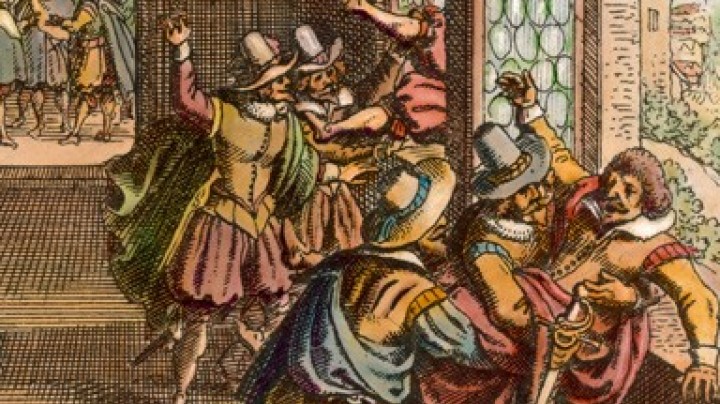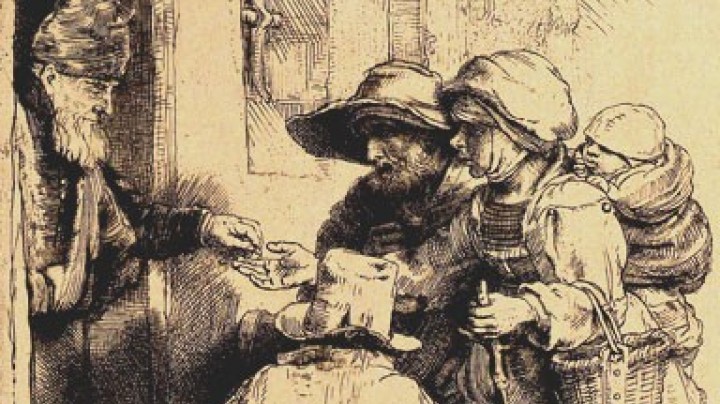Brewing beer, growing wine and providing revenue for the authorities – Of breweries and vineyards
In the Habsburg territories it was not always left to the people themselves to choose which beer and which wine they drank. It was not unusual for the lords of the manor to decide this for them.
Licences to sell beer or wine were granted either to persons or to premises and were restricted to burghers and vineyard owners respectively. Nor could any beer or any wine be sold. The authorities could oblige landlords to procure beer from a particular brewery – in most cases one attached to a monastery or a landowner’s castle, which could make a considerable profit from such sales. Whereas in the Middle Ages many households brewed their own beer, from the middle of the fifteenth century brewing increasingly became a specialized trade practised by burghers, the aristocracy and monasteries.
It was permitted to serve wine only between 29 September – that is to say after the grapes had been harvested – and 30 April. Winemaking, an everyday activity for many Viennese, was at times frowned upon by the Habsburg rulers. Ferdinand I tried to ban winepresses from the city altogether on hygienic grounds. Work in the vineyards was done mostly by labourers and itinerant workers. Wine was produced both for domestic consumption and to be served in local taverns as well as for export. The rulers made a considerable amount of money from the consumption of alcoholic beverages, because they were taxed at an average rate of thirty per cent. To check that this tax had been paid collectors provided each barrel destined for sale with a ‘dispatch certificate’ (Passierungspass) and a special mark. It is not surprising that there were numerous conflicts between landlords and tax collectors. In addition, functions held in taverns were also taxed: for example, in Vienna a levy of fifteen kreuzer was charged for each musician.
















